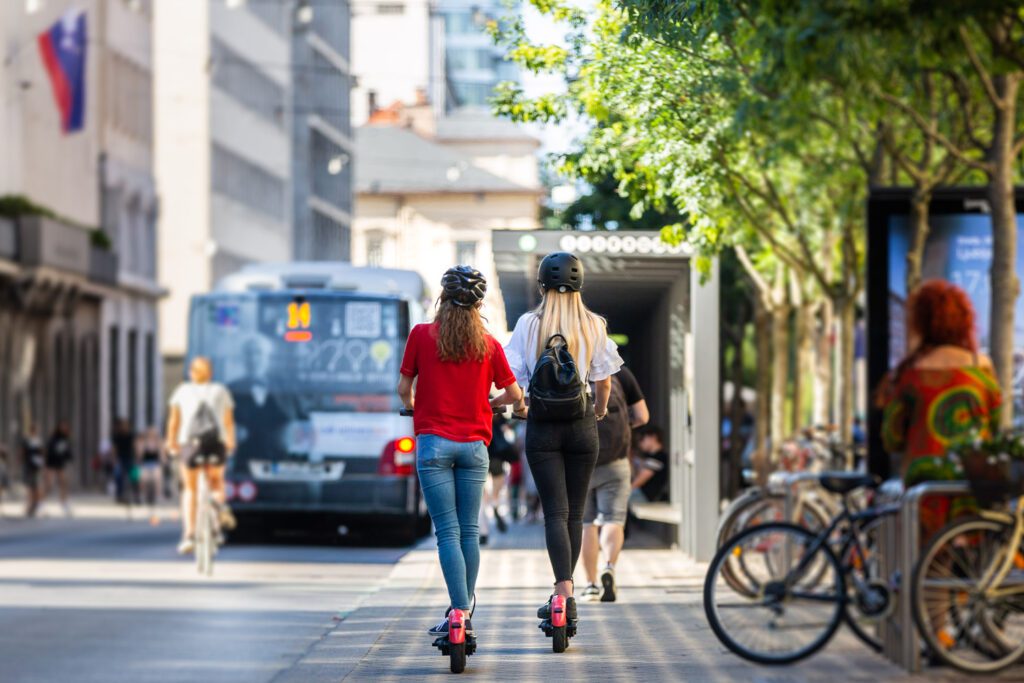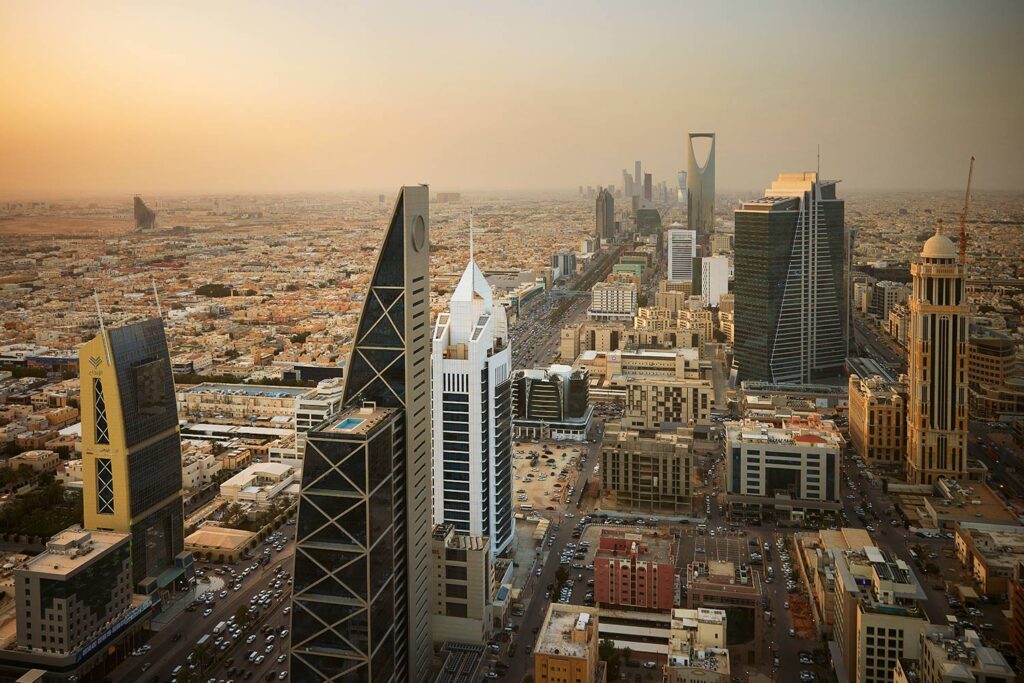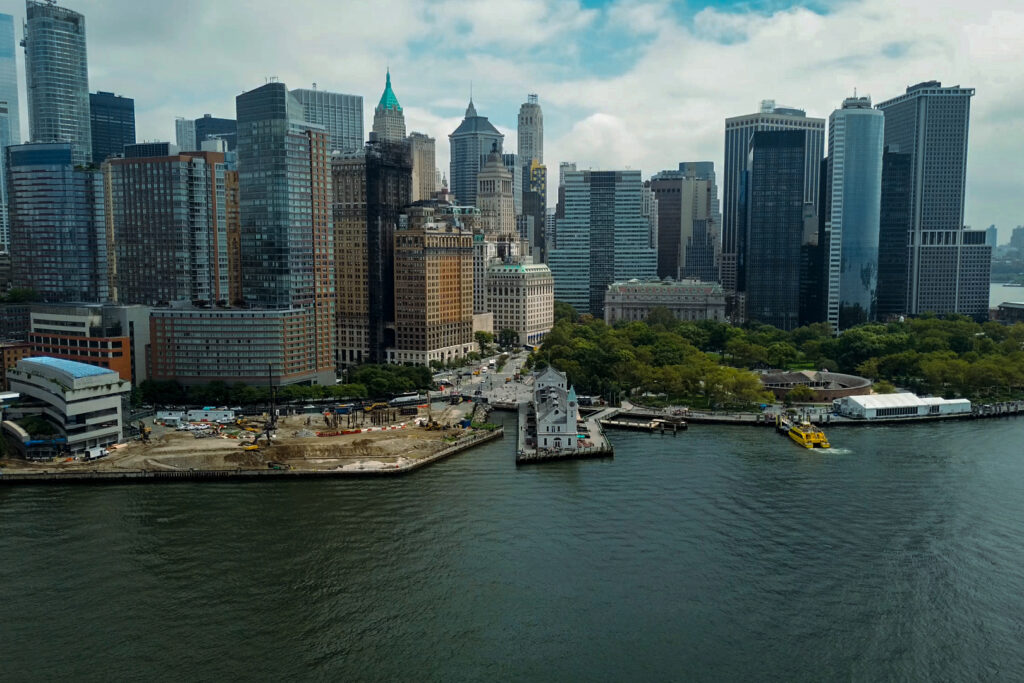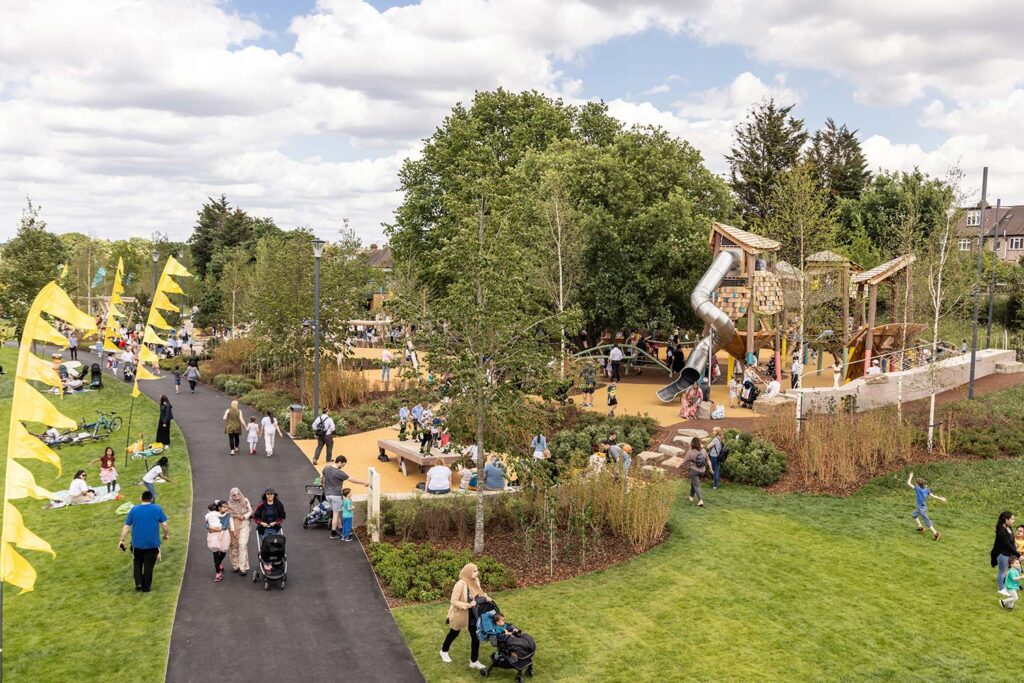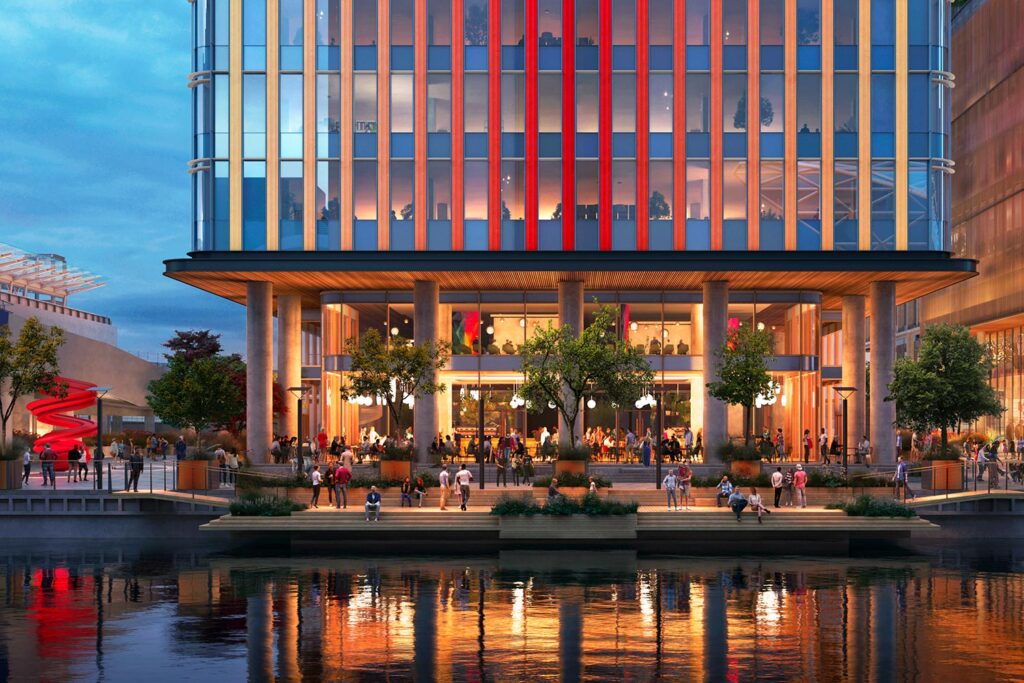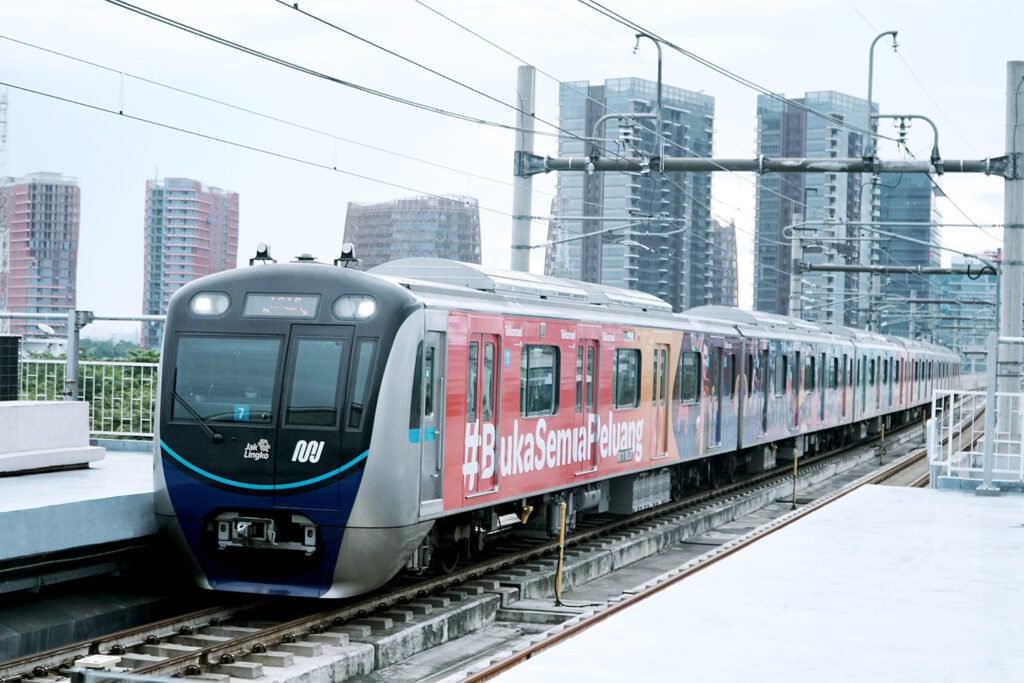
UK PACT
Greater Semarang, Indonesia
Project details
Client
UK PACT (UK Partnering for Accelerated Climate Transitions)/ UK Department for Business, Energy & Industrial Strategy
Collaborator
MMI Law Office & Colliers International Indonesia
Duration
2022-2023
Services provided by Buro Happold
Environmental, Social and Governance Consulting, Strategic planning, Transport and mobility
Unlocking Opportunities for Urban Railway, TOD and Land Value Capture in Indonesia’s Second Tier Cities.
In July 2022 the governments of the United Kingdom and Indonesia launched a flagship bilateral transport partnership, with Minister Budi Karya Sumadi of Indonesia’s Ministry of Transportation, and Minister Wendy Morton MP of the UK’s Department for Transport, signing a Memorandum of Understanding (MoU).
Through this agreement, the British Embassy in Jakarta and the Ministry of Transportation for the Republic of Indonesia launched Future Cities, a UK-Indonesia low carbon partnership programme that aims to support Indonesia’s transition to a greener and more resilient future.
Through UK Partnering for Accelerated Climate Transitions (UK PACT) funding, the UK government has committed £9m across three years to finance this portfolio of five low-carbon transport projects. These projects will support Indonesia’s transition towards inclusive, low-carbon urban mobility, whilst also promoting regional economic growth.
Challenge
The programme identified two key needs for enhancing the sustainability of transport in Indonesian cities: first, improving coordination between the national and sub-national governments on transport planning; and second, integrating ways to tackle climate change into planning, while also demonstrating the benefits of sustainable mobility. Projects targeting these areas will ultimately aim to increase the ambition in the sector.
The five projects will help develop a national low-carbon transport roadmap; integrate climate solutions into national and local government planning; increase ambition on decarbonising transport; and make low-carbon transport projects more attractive to investors.
These projects will not only aim to improve the sustainability of urban transport in a low-carbon sense; they will also do so in a social sense. All projects include interventions to tackle issues around gender, equality, and social inclusion (GESI) and access to transport, including one project focused exclusively on this.
Buro Happold was selected as one of five lead consultants to focus on the challenges of Greater Semarang.

Semarang, the capital and largest city in Central Java, was an early adopter of railway technology in the 1860s – forging ahead of many other parts of Indonesia. But decades of under-investment in the region’s transport systems have left Semarang’s population of 1.65 million and Greater Semarang’s population of more than six million under-served, as well as great swathes of potentially valuable economic land under-developed.
While some of these pre-urbanisation regional transport links can be retrofitted, the network needs to be expanded to make it fit for purpose for the 21st century urban landscape.
Buro Happold’s winning proposal “Unlocking Opportunities for Urban Railway, TOD (transit-oriented development) and Land Value Capture in Indonesia’s Second Tier Cities – Greater Semarang” extends over 14 months and focusses on bridging the capital and operational deficit in funding from farebox income as well as achieving emissions reduction through low carbon public transport systems. This in turn will open up new economic zones on the edges of Greater Semarang.
One of the key initial challenges is successfully sourcing the required information from the broad range of stakeholders that will need to be engaged.

Solution
The project team is working with the Ministry of Transportation’s Directorate General of Railways, PT Kereta Api Indonesia, and the Kedungsepur Metropolitan Area (KMA) authorities to tackle financing and delivery barriers blocking the development of urban railway transport systems.
The project will also generate practical learnings through pilot projects, which can be scaled nationally to maximise impact. An integrated approach to network planning will increase efficiency in urban mobility, promoting a shift from private vehicles to mass transport and carbon emissions reductions.
Indonesia’s second-tier cities remain dependent on motorised transport, making a growing contribution to national carbon emissions. To support the necessary modal shift away for car, motorbike, bus and lorry dependency, there are numerous plans to develop urban railway networks in these cities however these face major obstacles to financial viability which have stalled implementation. Integrating public transportation and land use planning and implementing transit-oriented development (TOD) and land value capture (LVC), are key to unlocking the viability of new transit systems and maximising their benefits, including emissions reduction.

However, while Jakarta has made significant progress in implementing TOD, there is no clear model for how to do so in the regulatory, cultural and economic context of second-tier cities.
The project will initially review and strategize for the optimisation of an urban railway Network Development Plan. We will identify opportunities to optimise routes to better support wider city development objectives (urban development and growth, socioeconomic development, and potential emissions reduction) as well as transportation objectives (including multi-modal integration).
From this we will develop a GIS-based integrated urban model (IUM) of the city to test options, which will also be used in subsequent phases of the project and conduct a multi-criteria evaluation of alternative route options and propose an optimised route development plan, to be validated with local stakeholders.
The team can then develop a TOD/LVC strategy focusing on a priority corridor within the overall network, that specifically fits for second-tier cities. We will develop a preliminary vision for the corridor, categorising stations by typology and creating a development model to allow the testing of a range of scenarios.
We will conduct preliminary financial modelling to explore the potential impact of the TOD interventions and a high-level benefit appraisal including potential socioeconomic impacts, modal shifts and resulting emissions reductions at a corridor scale. A phased implementation plan can then be developed.

Value
The project will deliver an integrated strategy and implementation plan to optimise the potential of urban railway, transit-oriented development (TOD) and land value capture (LVC) in Greater Semarang. This will in turn support Indonesia’s transition towards inclusive, low-carbon urban mobility, whilst also promoting regional economic growth. Our team of experts is bringing a broad experience of consulting on a range of transformational transport models from around the world.
We are highlighting how an integrated approach to network planning, TOD and LVC can unlock financial and delivery barriers, maximising urban development, socioeconomic and emissions reduction benefit.
Through delivering the project we will upskill urban railway operator KAI (Kereta Api Indonesia) to act as a leading partner in TOD/LVC implementation at a national level alongside the urban railway network regulator (Directorate General of Rail Transportation, Ministry of Transport) and generate practical learnings which will be scaled nationally to maximise impact.









